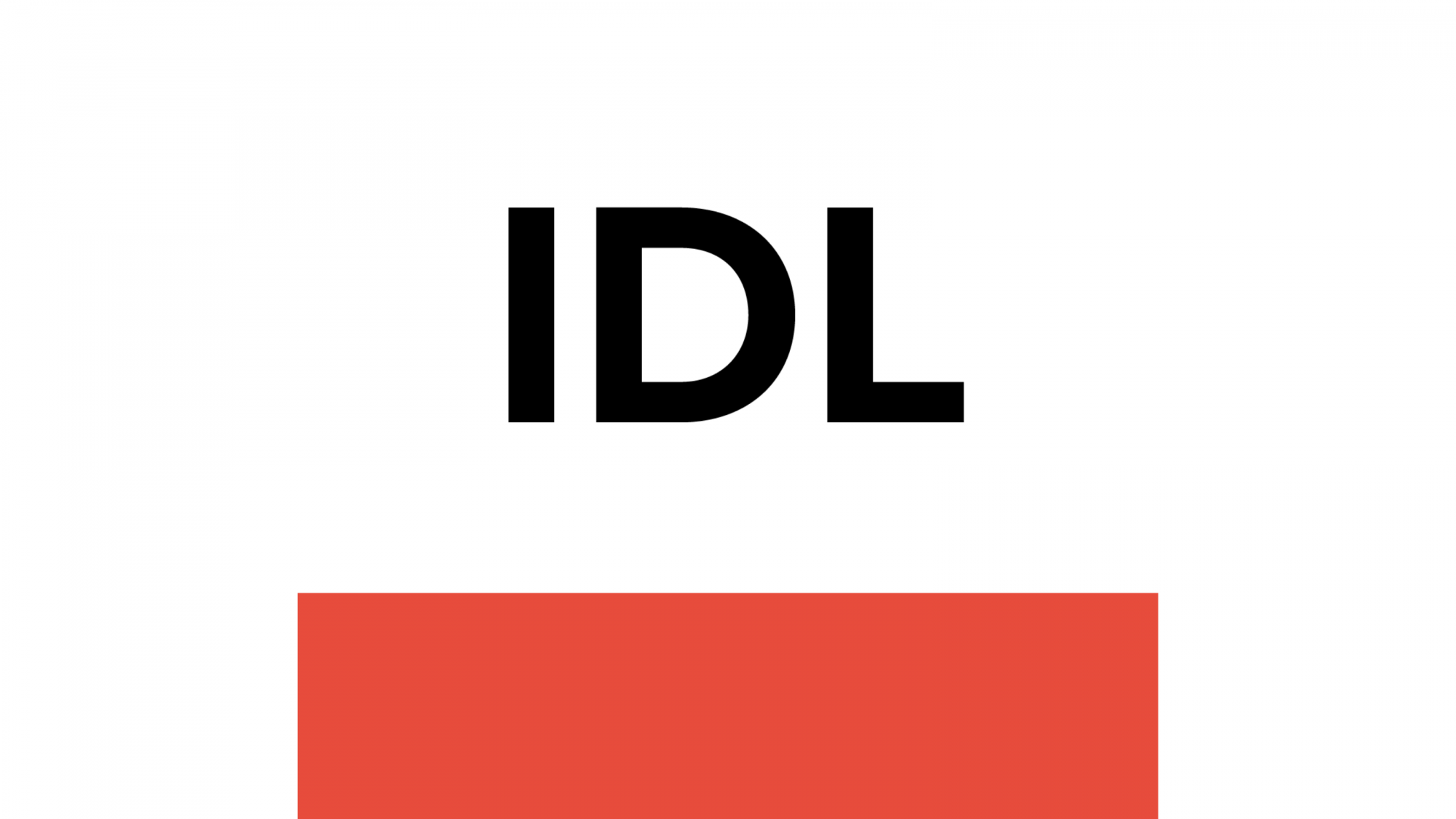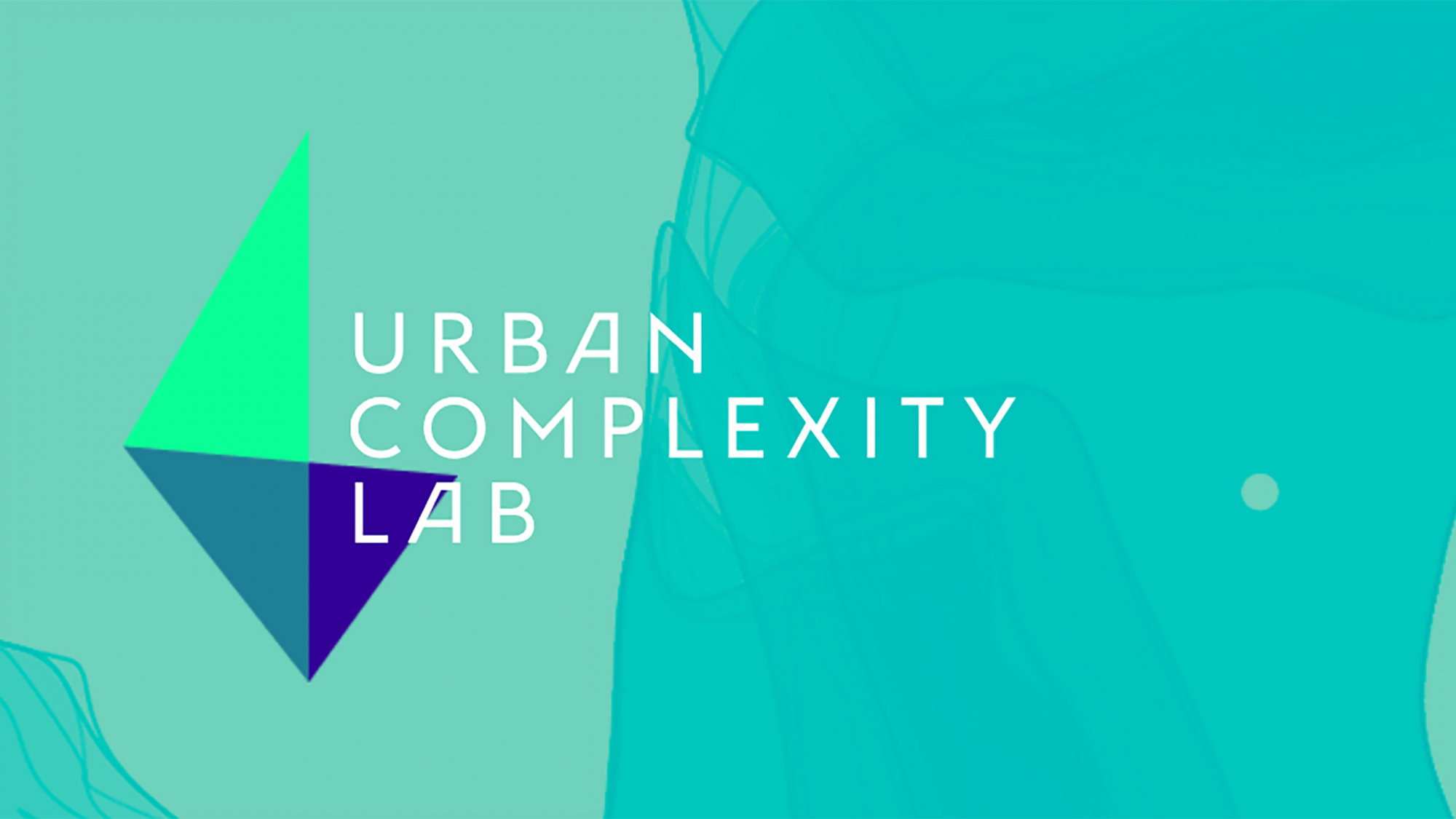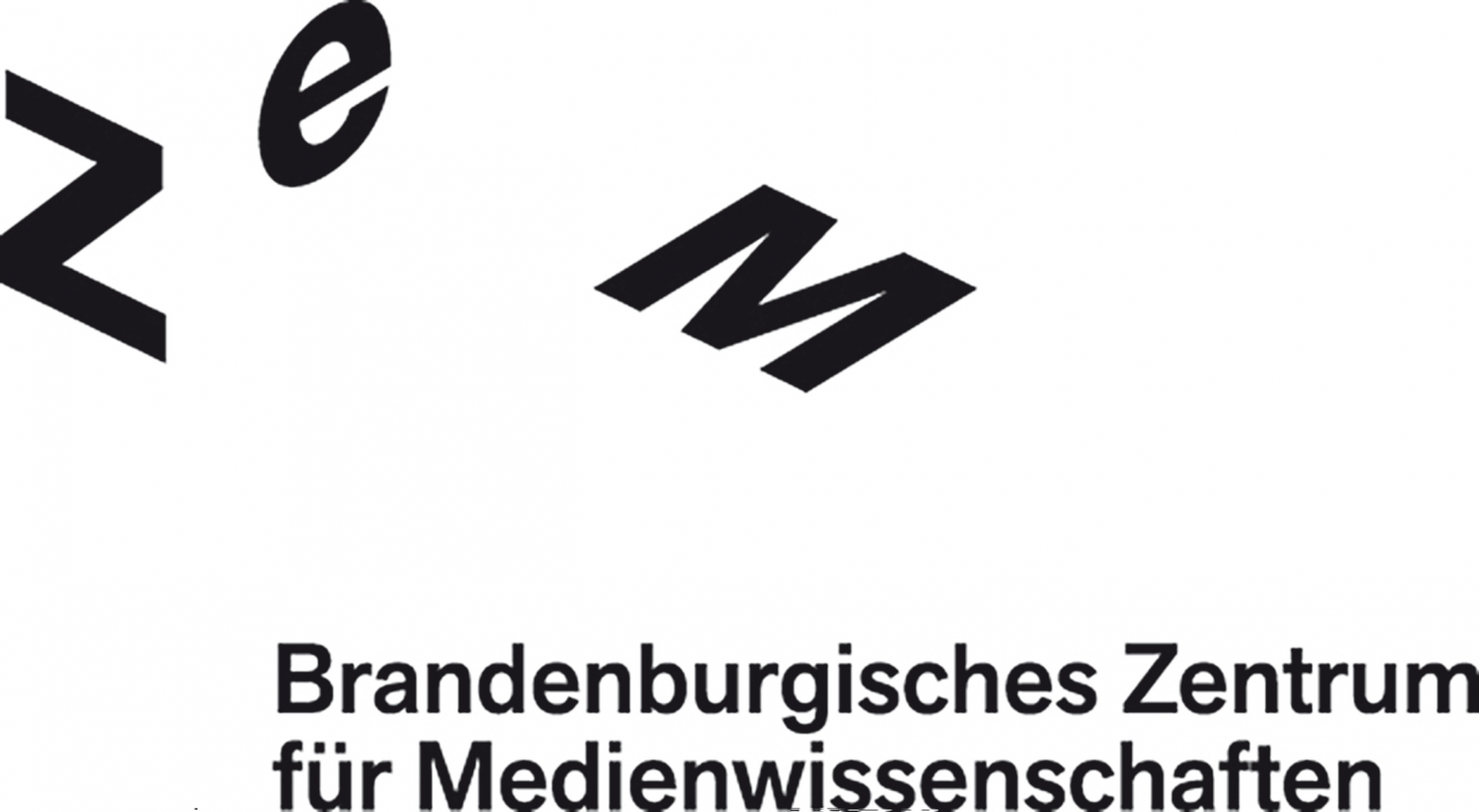Research & Transfer at the Design Department
At the Design Department, extensive research projects with scientific questions are carried out alongside application-oriented industrial projects . The research topics that are dealt with in projects of our labs also play an essential role. The strong reference to research topics and the large number of cooperations with institutions and commercial enterprises ensure a very high level of education at the Department of Design.
Research Focus
Our research priorities are being intensively pursued and worked on.
Data Visualisation
In the area of data visualisation, different display strategies for extensive and complex data sets are developed and investigated. An important research aspect is the topic of "information aesthetics" - i. e. the question of how the perceived aesthetic quality of visualisations affects the understanding, interaction and action competence of users. In cooperation with the Urania Potsdam, the company Carl Zeiss Jena and Fraunhofer FIRST, a dome projection system was developed and installed specifically for this topic, which enables immersive data visualisation. Furthermore, the topic plays a major role in the EU project MACE and the MWFK project EcoViz, but also in industrial projects such as with Deutsche Telekom.
Sustainable Design
Sustainable Design examines the question of what role interface and interaction design can play in the development of sustainable products and services. This is not only about the design of more energy-efficient products, but also about education and the question of whether a change in the behaviour of users can be generated by design means. This topic is being worked on in particular in the EcoViz project. The Eco-Challenge iPhone app developed as part of this project was awarded the Clean Tech Media Award in 2011.
Design Tool Design (Design Tools)
Design Tool Design deals with the question of which new tools designers need in order to be able to deal with the increasingly complex problems in design. The creative use of high-tech requires new tools: innovations are only made possible by new hardware and software that give designers all the freedom they need and are easy to learn at the same time. The researchers on the Interface Design course are actively involved in the development of such tools. This is how "Fritzing" was developed at the UAS, a software for the creative use of hardware, which is now used by thousands of creative people worldwide.
Development of Graphical User Interfaces
The development of graphical user interfaces is certainly the "classic" research discipline of interface design. Especially against the backdrop of the rapid spread of mobile devices, this topic is still essential. There is a great demand from industry in this regard, which has resulted in continuous cooperation in recent years. (Deutsche Telekom, VW Design Center Potsdam, GIRA) But also in cooperation with public authorities (Brandenburg Police, Federal Environmental Agency), competence in the development of graphic user interfaces is of great importance. The development of interaction design patterns has emerged as a separate research question.
Image, Dramaturgy, Visuality
The research field "Image, Dramaturgy, Visuality" is concerned with the discovery, naming, exploration and discussion of visual phenomena and dimensions of effect that result from the connection between images, pictures, signs, texts and contexts in their intention, use, perception and their effects. The thematic field "Image, Dramaturgy, Visuality" is interested in all fundamental questions of the perception of static as well as moving or changeable and differently complex signs, images, contents.
Identity, Information, Staging
The thematic complex "Identity, Information, Staging" examines the possibilities of the creative interpretation of information against the background of communicative intentions and interaction. The possibilities of syntactic transformation are equally in focus as the anticipation and perception of staged information and the question of the extent to which design can influence the relationship between man, machine, object and entities. Design is examined as an informative and identity-forming surface for structures and functions.
Design Research (Focus on Product Design)
Questions in design usually refer to the framework conditions or the narrower context of concrete product development. In contrast, the Master's focus on design research asks about the more general conditions of product design. In addition to basic research interest, which aims to develop a contemporary, well-founded education, it is essentially about an understanding of possible effects of specific actions, taking into account causal conditions, and thus about a (new) understanding of responsible action, i.e. about the question of the relationship between design and ethics.
Design Research - (Themes/Context) Fields
Design and Aesthetics
Design is language and design changes language. Design is time-based - consequently there is no binding formal code. It is about an understanding of the dynamics, the conditions of syntactic, semantic development and the critical reflection of formal criteria or formal quality in relation to/dependence on contemporary questions and conceptions. Furthermore, the focus on "Design and Aesthetics" attempts to occupy a thematic field that has generally not played a role in design education up to now.
Design Research - (Themes/Context) Fields
Design and Society / Participation / Reception
Product culture changes society. Product development is interested in the market and stops with the product as a commodity. Society is presented in a truncated way as a target group phenomenon. In contrast, the effects of product development need to be examined. The topic is the product in the context of use. It is about everyday culture (culture of use) and a differentiated view of society, the socio-cultural framework that the product experiences and decisively shapes in everyday use.
Labs

Interaction Design Lab (IDL)
The Interaction Design Lab (IDL) is the research facility of the Bachelor's degree programme in Interface Design. It is one of the contact points in the design area at the Potsdam University of Applied Sciences for cooperation between education, research and development. Multidisciplinary projects are developed in the IDL.

Urban Complexity Lab (UCLAB)
UCLAB is an interdisciplinary research group that combines competences from the fields of interface design, computer science and the humanities. The research work focuses on the design, development and investigation of data visualisations.

ZEM - Brandenburg Centre for Media Studies
The ZEM - Brandenburg Centre for Media Studies is a joint research institution of the universities in the state of Brandenburg. The networking within the subject as well as in neighbouring disciplines aimed at by the ZeM is to lead to a new visibility of the diverse media science focal points in research and teaching and to contribute to the profiling of the state of Brandenburg as a media and science location.